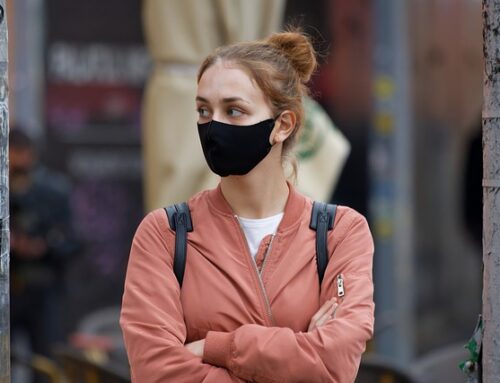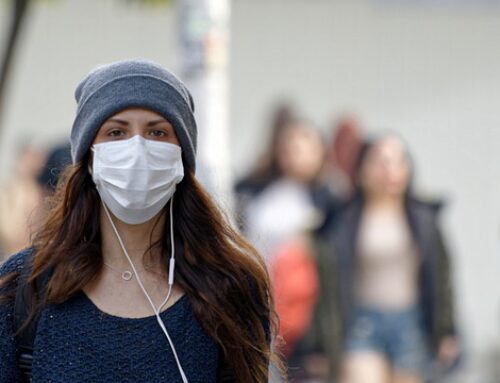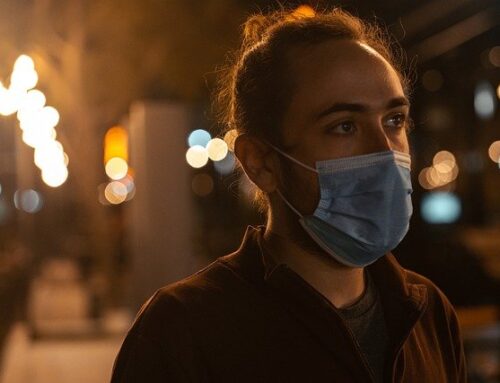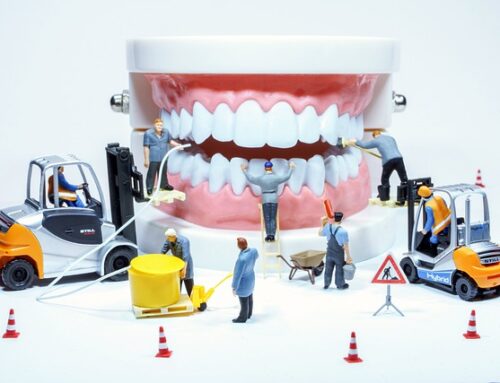Let’s talk about traveling. Right now we are living in unprecedented times, not knowing what is next during the COVID-19 pandemic. While a lot of states are reopening in different phases, many people are itching to travel again. Some have already even begun their travel plans.
Whether you choose to fly or take a road trip, it is important to wear a mask, keep your distance and wash your hands. But it is also important to keep in mind how to properly care for your teeth. As you plan your next adventure, keep these dental tips in mind to ensure your teeth remain healthy while far from home.
Pack all needed supplies
Whether you are going on a road trip or a long flight, make sure you keep the essentials handy. But what does that include? It should include floss, a toothbrush and a tube of toothpaste.
Keep these items in your carry-on bag if you are flying or your glove compartment when driving on a road trip. This allows you to have easy access to them when you need to clean your teeth.
Skip the bacteria filled cases
When you are packing your bags for travel, grab the toothbrush holders, right? Wrong. While it might seem like a great idea, it is actually a breeding ground for bacteria to transfer.
The moist environment of the toothbrush cases can encourage that bacterial growth. So, as you’re packing for your trip, skip the travel case and let your toothbrush air-dry before packing it.
Visit the dentist before leaving
If your plan is to take a long trip somewhere, think about scheduling a visit to the dentist before you leave. This is especially important if you have not been in a while because no one wants to go on a vacation only to be miserable with a toothache.
Additionally, if you are experiencing any pain before your trip, don’t hesitate to schedule an appointment before you leave. The last thing you need is to deal with a dental emergency when you’re far from home.
Other than those tips, try to stick to your routine. Straying from your normal oral health routine can disrupt your daily schedule and have a negative impact on your health. As always, though, contact your dentist if you need any further tips or guidance.







